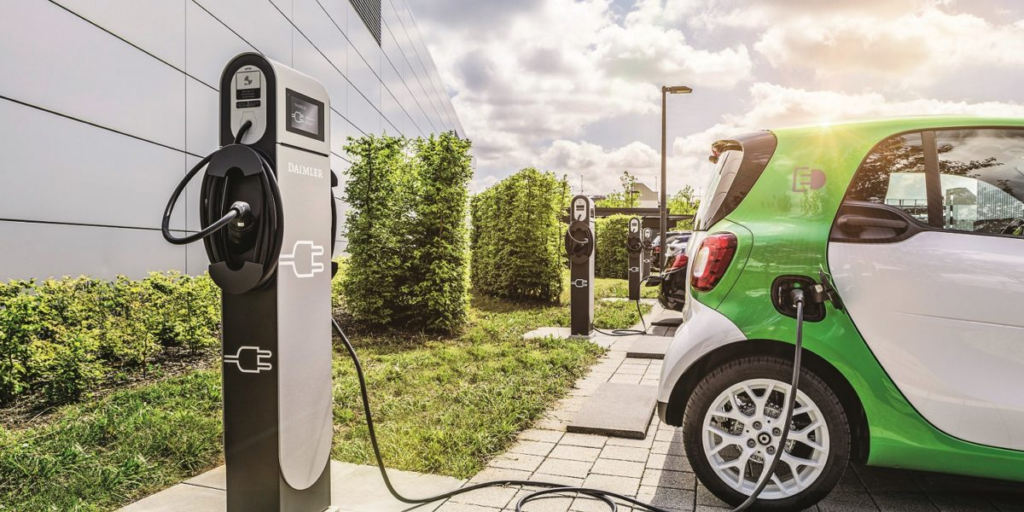
A recent bulletin from Measurement Canada provides helpful information for property managers, electrical contractors and engineers designing and installing EV charging systems on their properties. This bulletin explains the difference between an EV charging station providing a prepaid service on the basis of time vs. an EV charging station supplying electricity sold by energy or time-related demand. The former requires no application of the Weights and Measures Act while the latter meets the definition of a meter and would be subject to the Electricity and Gas Inspection Act. Simply put, Measurement Canada requires meters to be approved if used for kWh charges.
Here is the bulletin in full:
Measurement Canada has issued a new information bulletin on the applicability of federal measurement statutes to electric vehicle charging stations. These stations supply electricity and may be subject to the Weights and Measures Act or the Electricity and Gas Inspection Act.
Recent initiatives have been introduced by some federal departments, provincial governments and regional municipalities to install advanced transportation technologies such as electric vehicle charging stations as part of a growing trend to invest in clean technology alternatives for consumers. Many of the electric vehicle charging stations being installed are designed with measurement systems involving new technology, which has raised questions about the applicable federal measurement statutes administered and enforced by Measurement Canada to which these devices would be subject.
With respect to the statutory regulation of electric vehicle charging stations, the determination of the application of either the Electricity and Gas Inspection Act (EGIA) or theWeights and Measures Act (WMA) will be largely dependent on the intended use of the measuring device., For example:
- Where an electric vehicle charging station is only intended to be used for the purpose of providing a prepaid service including energy from the charging station on the basis of time, the device would be subject to the legal requirements of the WMA. However, under section 4 of theWeights and Measures Regulations, parking meters, clocks, watches, chronometers, and other timing devices have been given an exemption from the approval and device certification requirements prescribed in section 8 of the WMA. Therefore, no requirements apply.
- Where an electric vehicle charging station is used to supply electricity sold on the basis of energy (kWh) or time related demand (kW) the device would be considered to meet the legal definition of a “meter” under theElectricity and Gas Inspection Act and would be subject to the legal requirements contained therein (i.e., use of defined units of measurement and mandatory meter type approval, initial verification, reverification and sealing). An owner of a device supplying electricity would also need to be registered with MC as a contractor under the EGIA, and would be subject to the legal requirements and responsibilities that pertain to contractors and meter owners.
If you have questions regarding this bulletin, please contact the Senior Program Officer responsible for electricity measurement.
QMC is a Measurement Canada accredited meter services provider. At our Coquitlam and Toronto test labs, we provide Measurement Canada approved meter sealing. Measurement Canada meter testing and sealing is required if meters are to be used for revenue purposes, as in the case of EV charging stations charging for or kWh usage. QMC also provides 3rd party meter testing services for utilities, property owners, and contractors, who need to re-verify or test the accuracy of their existing meters.
More on EV charging station metering: